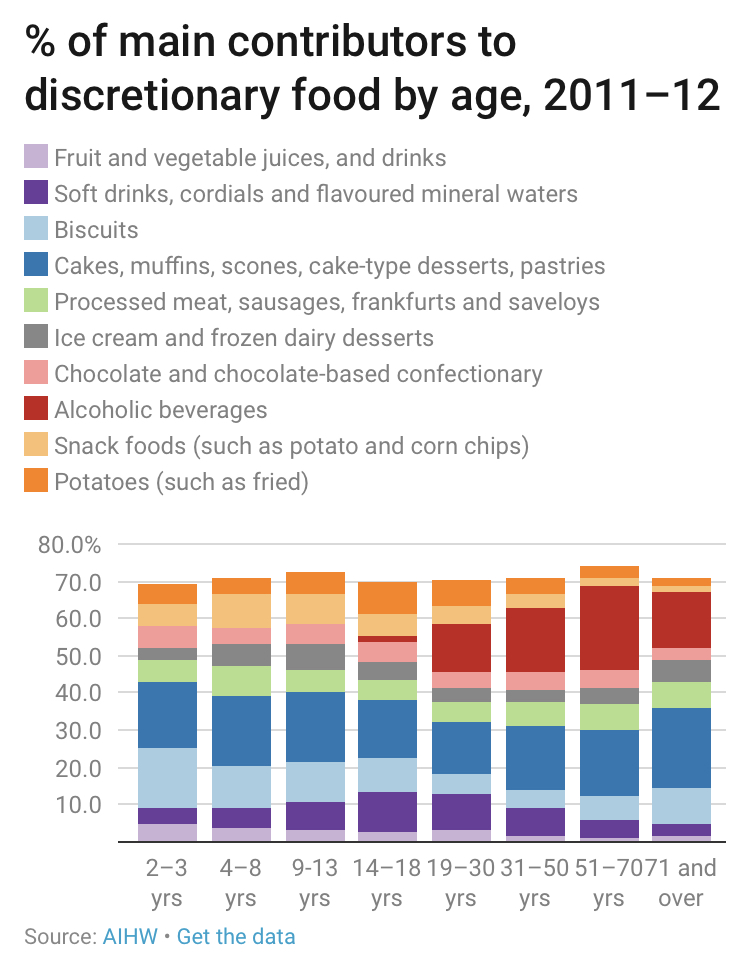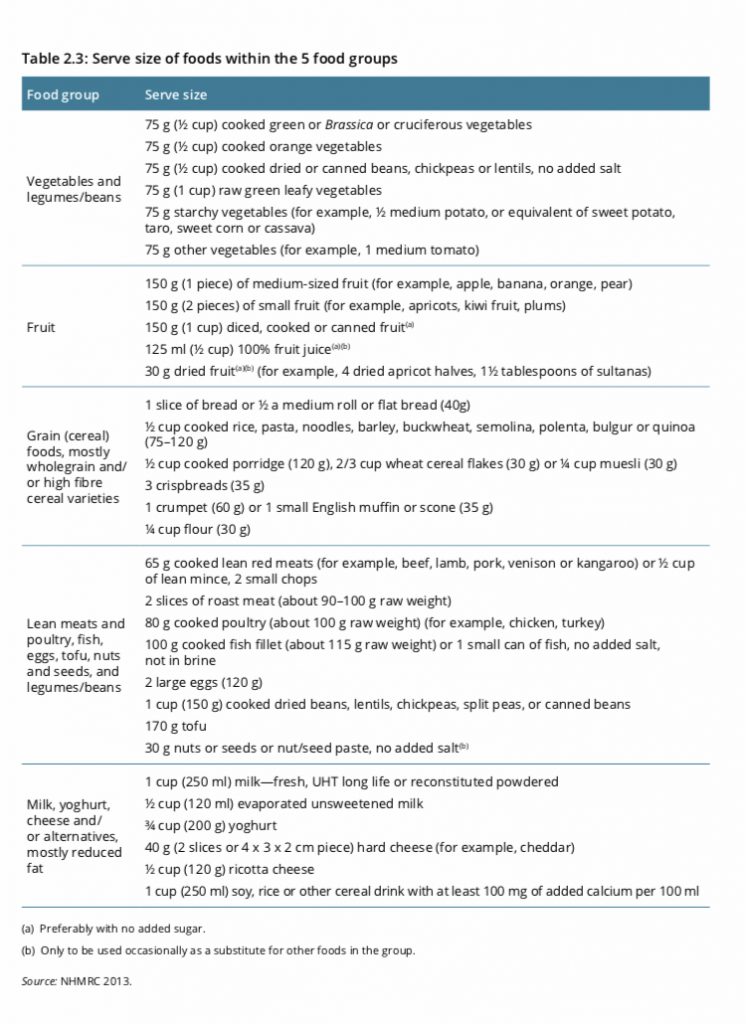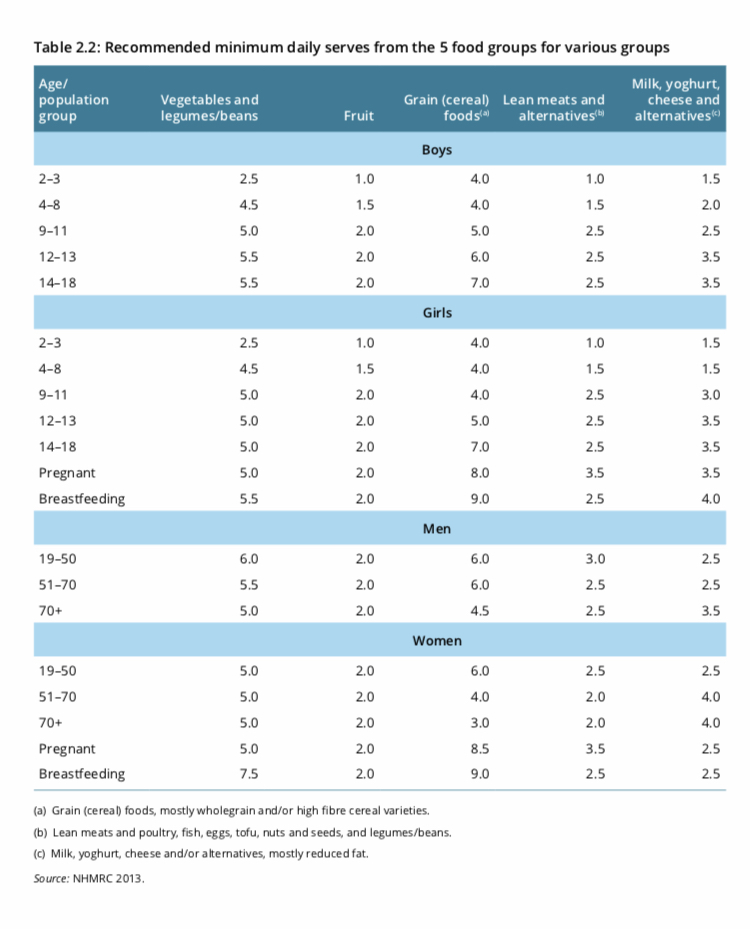
I do hate it when we demonise snack foods and make martyrs of healthy foods – food is food and all enjoyed in moderation. But here is the question I want you to ponder – are we relying on too many snack food options?
Has the “moderation” pendulum swung in the opposite end?
When my boys were in preschool and I controlled all of their eating (or they attended daycare who had strict healthy eating policies), I would have said “no, we are just fine” but as they have gotten older and exposed to snack food “trends” that other kids are having in their school lunchboxes, I’ve come to realise that maybe sometimes..
it’s important to stop and think about what you want as a parent.
And what is actually happening at home – both with kids and adults.
Why is this a blog post? Because of a recent report released in October 2018 (Nutrition across life stages report) that found that 1/3 of Australian’s energy is coming from junk foods. That’s a frightening statistic when these foods are considered “sometimes” /”snack foods” or “discretionary foods”.

We are all supposed to have between 0-3 serves of junk food/day and for children under the age of 8 years old, this is supposed to be 0.5 serves.
But what is a serve? It’s an amount of food that contains 600Kj, I’m not a Dietitian so this number is meaningless to me. To make it more real, that equates to:
- 2 scoops of ice cream
- 2 slices of processed meat
- 2-3 sweet biscuits
- 1 slice of plain cake
- 6 hot chips
- 1/2 small chocolate bar
- And for adults – 1 small glass of wine
So what are we actually eating? Data in this report showed that children at 2-3 years of age are eating more than 3 serves per day while 14-18 year olds are eating up to 7 daily serves/day. This pattern of eating “sometimes” foods continues to remain high into adulthood (which makes sense – our kids are modelling what we eat).
In fact, the report was even more dismal, it also noted that all Australians are falling well short of the recommended 5 serves of fruit and vegetables daily (which I know, we as a family struggle to meet). According to the data, we are closer to meeting 1-2 serves/day.
So what can we do to help this statistic?
If we can replace ½ of the “sometimes” food with something from the 5 food groups (eg piece of fruit, slice of cheese, lean meat, carrot), we will significantly reduce the high salt and sugar in our diet as well as improve our overall diet quality.
So why am I writing about this now? Because it’s January, a time when we start thinking about school lunchboxes.
As a feeding therapist and speech pathologist, I want to work with you to get you to think outside the box of processed snack foods – instead of the packet of chips in the lunchbox, could you put some wholegrain crackers? Instead of the cake fruit bar, could you slice up some strawberries and watermelon? Could you freeze some yoghurt or use leftover smoothies in a frozen pouch form to make a delicious and cold recess snack?
I know as a mum, it’s easy to reach for the packet foods when time is short. But perhaps use this time in January to work out what foods you could pre-make to replace the “sometimes” foods. I do think “sometimes” foods need to be in children’s diet for so many reasons but I think we are over relying on them, there are other options that we could explore which just require a bit of lateral thinking.
Let me know your thoughts! And before you say it, yes for some children with sensory or oral motor difficulties (including those with special needs), reaching for the whole food option is much harder and yes they do have a bigger reliance on a snack foods. But I can also tell you that with 15 years of clinical experience, we can help these kids to transition gradually onto more “healthier” versions of these foods which contain less sugar and salt in them. But yes it’s hard work (with lots of consistency) but it can be done – we can work together and make long term changes for your child.
Wishing you happy mealtimes
Val
Paediatric Feeding Speech Pathologist @ Let’s Eat! Paediatric Speech Pathology
References:
Initial Nutrition across life stages Oct 2018 report can be found here: https://www.aihw.gov.au/reports/food-nutrition/nutrition-across-the-life-stages/contents/table-of-contents
Summary of the Nutrition across life stages report:
Among obese adolescents, the most rapid weight gain had occurred between 2 and 6 years of age; most children who were obese at that age were obese in adolescence. https://www.nejm.org/doi/full/10.1056/NEJMoa1803527
This website and information on this blog post is provided for educational purposes. It is not meant or intended to replace Speech Pathology assessment and management nor medical or nutritional care for a child. It is recommended that you discuss any concerns or questions you might have with your Speech Pathologist and managing Doctor and develop an individualised team plan specifically for your child.

About the author of this blog post
Valerie Gent is an Australian based Speech Pathologist with 15 years experience in Paediatric Feeding. She has opened a private practice called ‘Let’s Eat! Paediatric Speech Pathology’ in 2013 for Newcastle based babies and children with feeding difficulties. Valerie is passionate about working in the area of paediatric feeding and special needs and has been involved in the teaching and training of Australian Speech Pathology University students and allied health professionals. Prior to starting her private practice, she worked in acute paediatric hospitals in neonatal intensive care units, feeding clinics and clinics for children with special needs for 10 years. You can find out more about Valerie Gent and ‘Let’s Eat! Paediatric Speech Pathology’ via her website www.letseatspeech.com.au and Facebook page www.facebook.com/LetsEatPaediatric SpeechPathology or email her on valerie.gent@letseatspeech.com.au



I have been surfing on-line more than three hours nowadays, but I by no means found any interesting article like yours. It’s pretty value enough for me. Personally, if all web owners and bloggers made good content as you probably did, the web will likely be a lot more helpful than ever before.